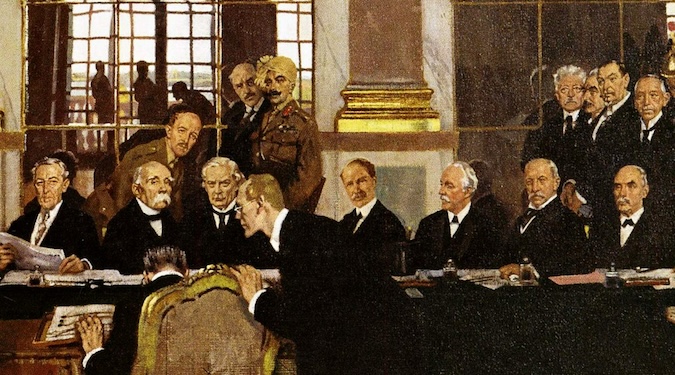This article explores the causes for informality in war termination and advocates for a return to formality. Forever wars are a new, pervasive problem. Around the world, conflicts have been simmering and occasionally boil over. They do not seem to end, and this is not normal. International law scholars debate why this is happening, pointing… Continue reading From Treaties to Tweets: The (In)Formality of War Termination
Tag: International Humanitarian Law
The ICC and Environmental Protection: Prosecuting Environmental War Crimes in Ukraine
Caitlyn Johnson analyzes how environmental damage could potentially be prosecuted as war crimes by the International Criminal Court. Johnson begins by noting how international armed conflicts have impacted the environment and summarizing previous efforts to hold states accountable for environmental damage. Johnson then looks at Ukraine as an example of extensive environmental damage in war… Continue reading The ICC and Environmental Protection: Prosecuting Environmental War Crimes in Ukraine
The Protection of Nationals Abroad and Non-Combatant Evacuation Operations in Times of Crisis
Ronald Alcala and Hitoshi Nasu discuss the legal basis for conducting non-combatant evacuation operations (NEO), a type of military operation conducted in a foreign state’s territory, designed to protect and rescue the operating state’s nationals. The legality of such operations has been debated for decades, and the potentially associated legal constraints surrounding them may hinder… Continue reading The Protection of Nationals Abroad and Non-Combatant Evacuation Operations in Times of Crisis



